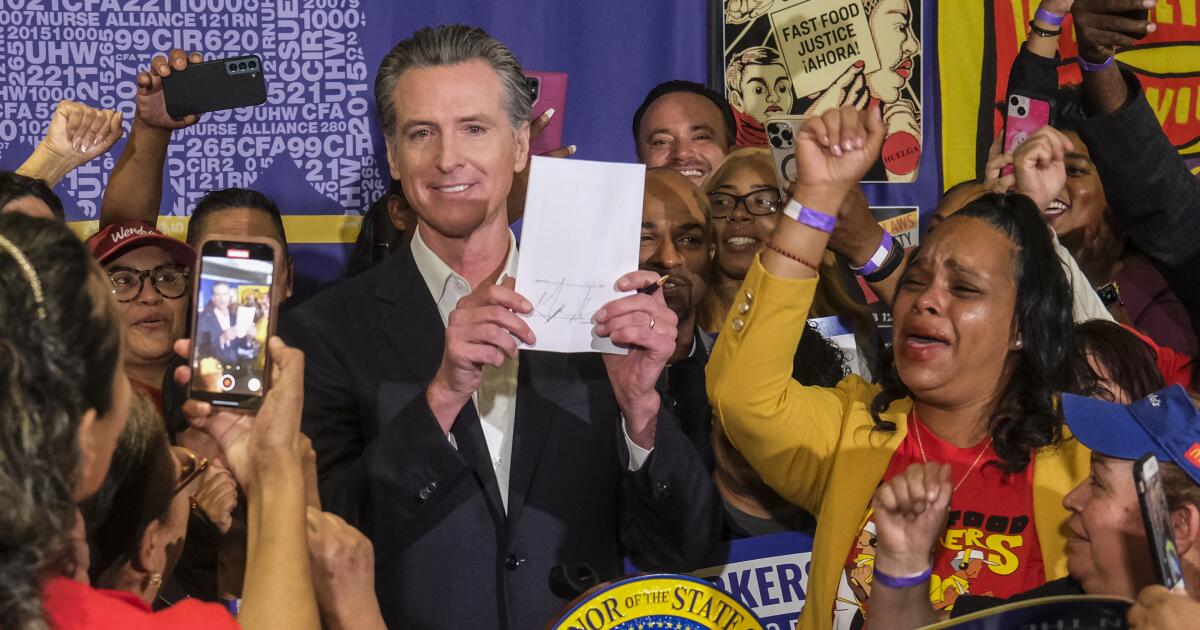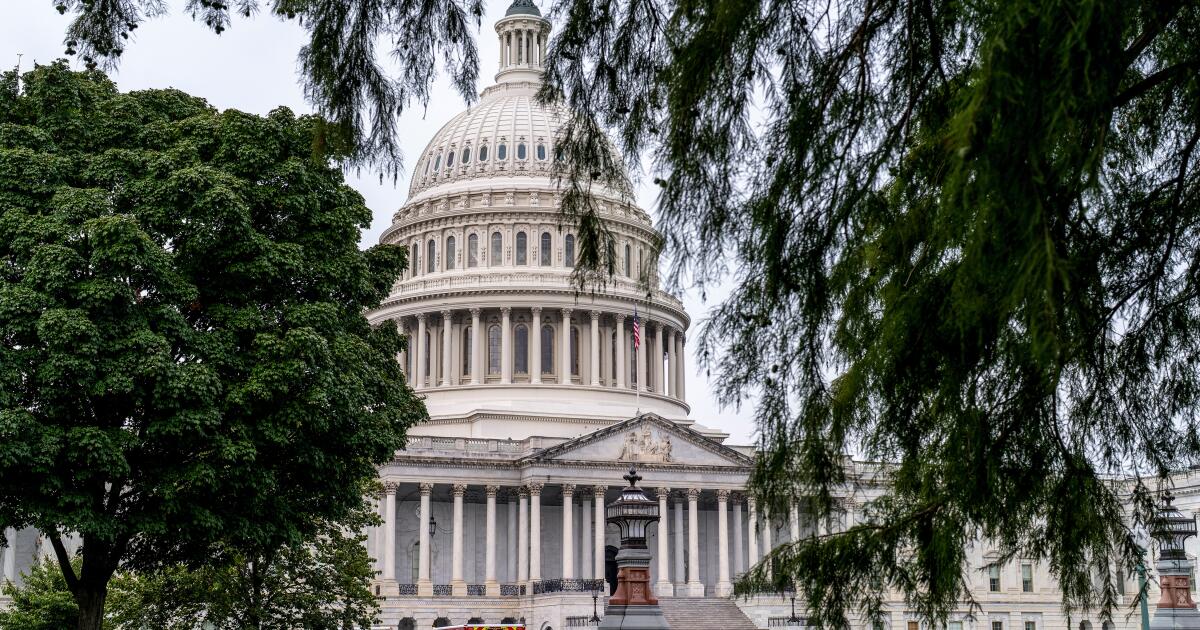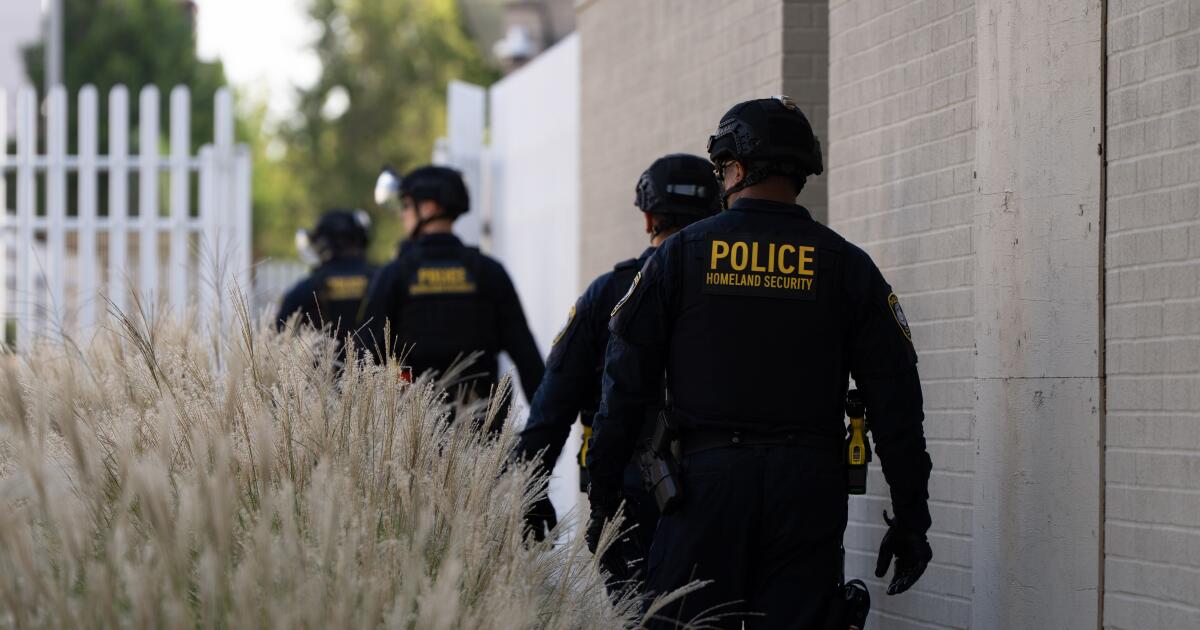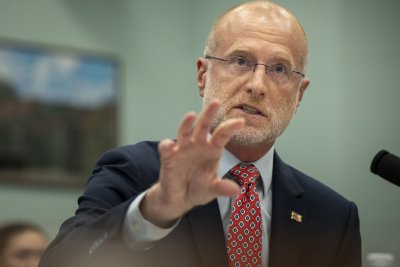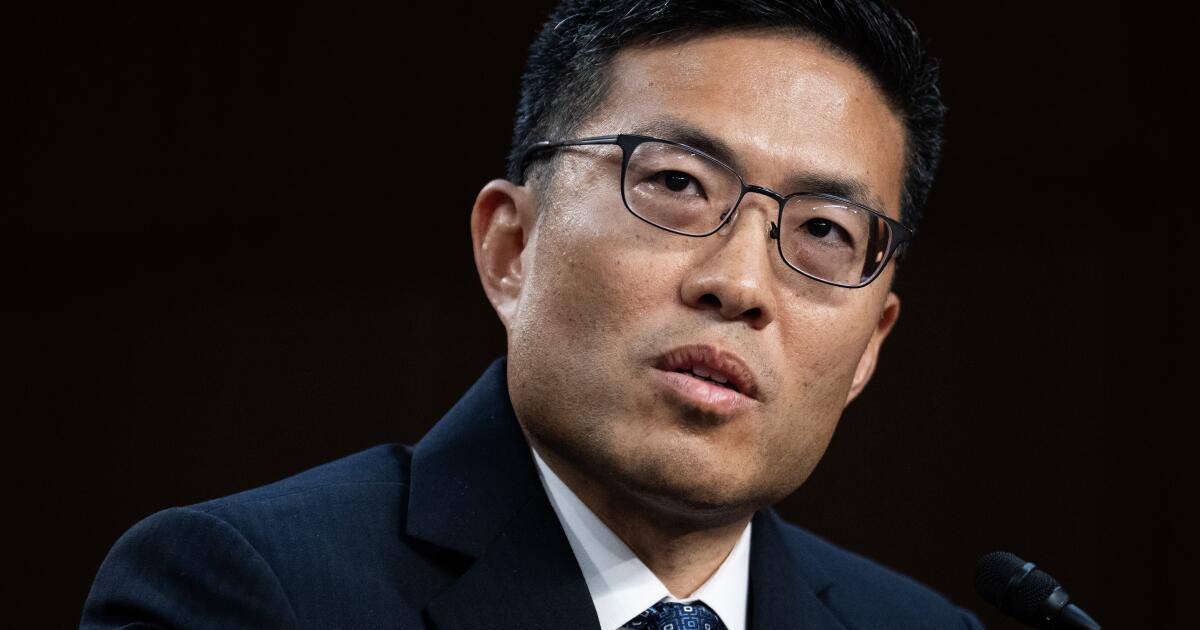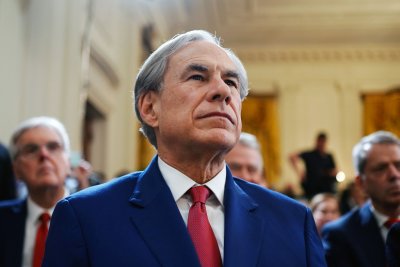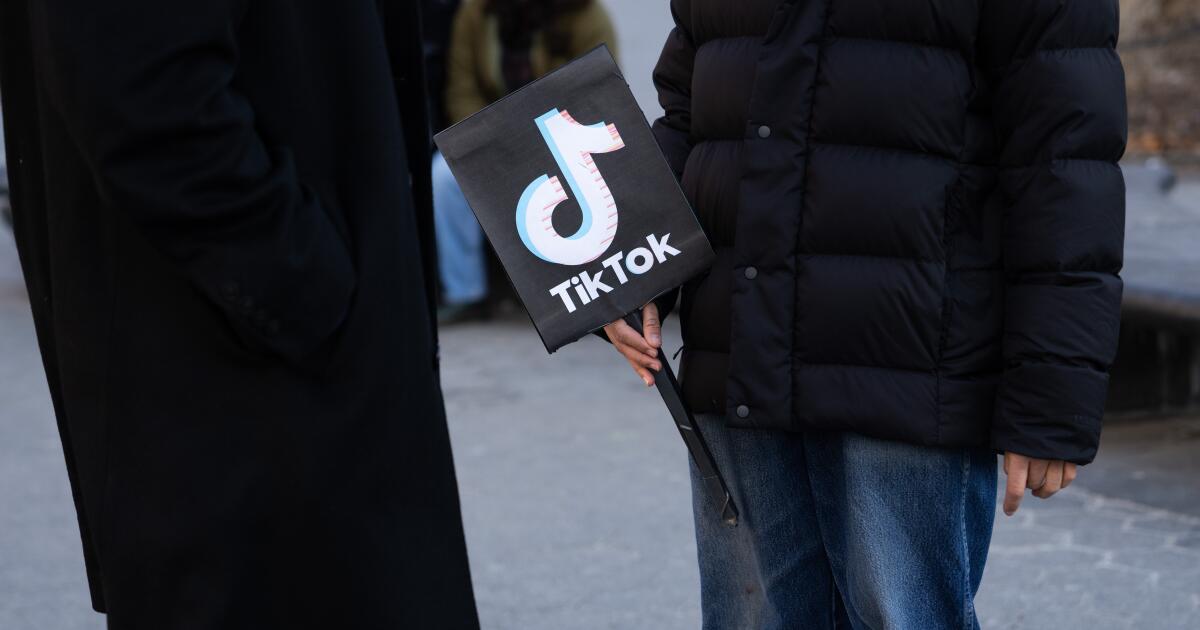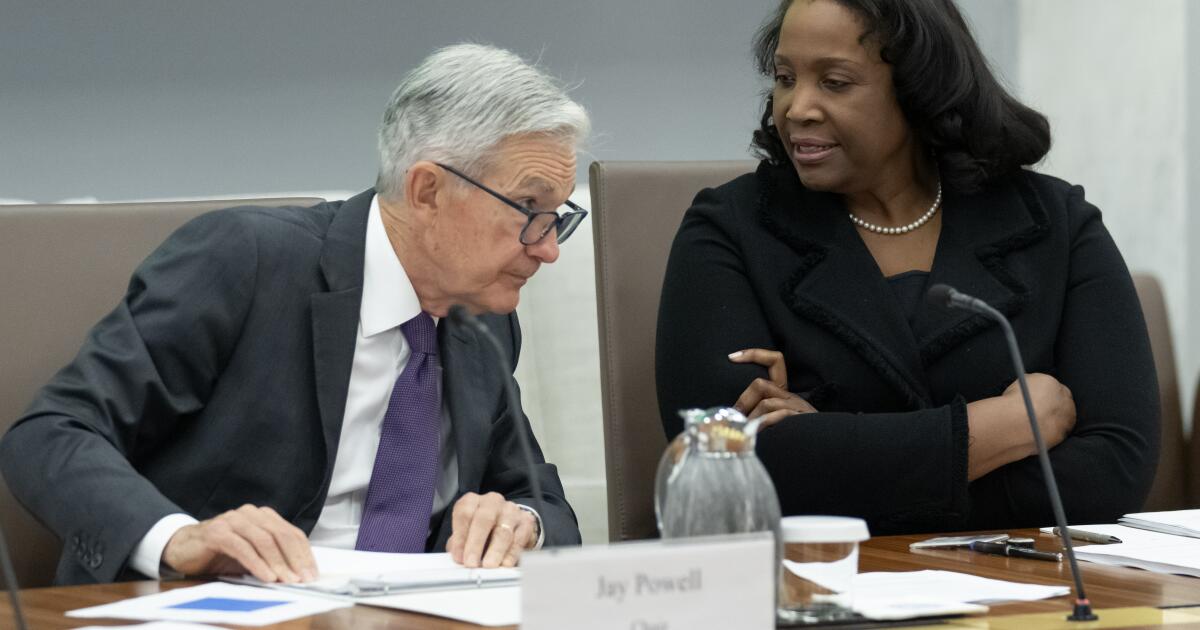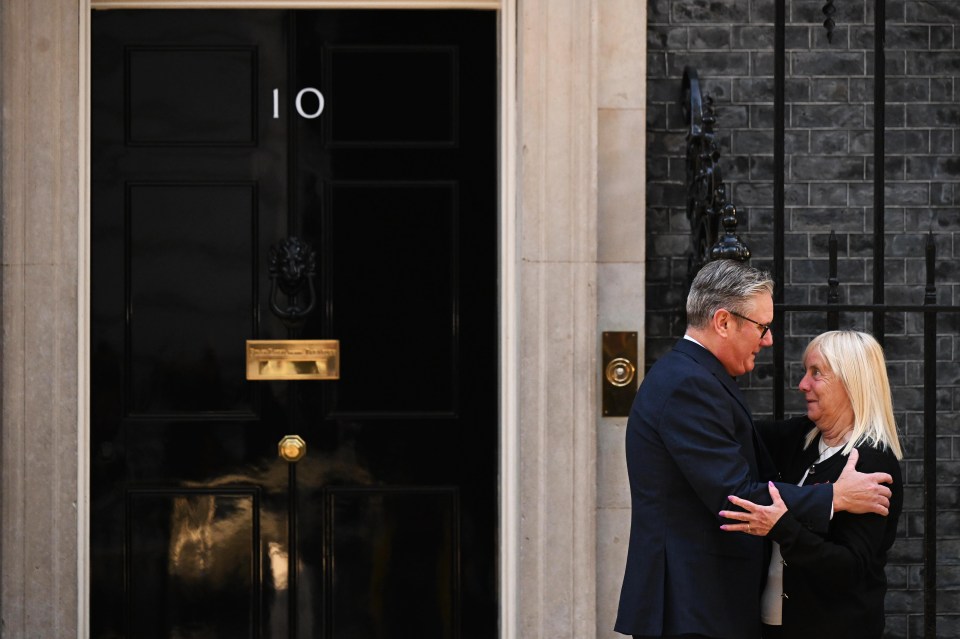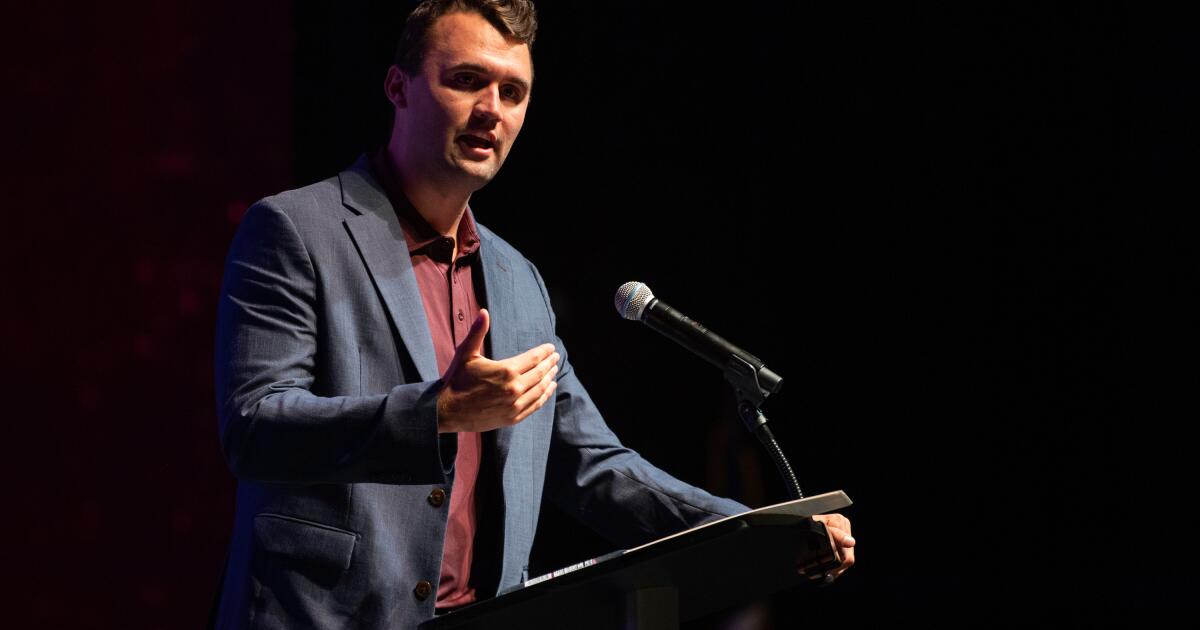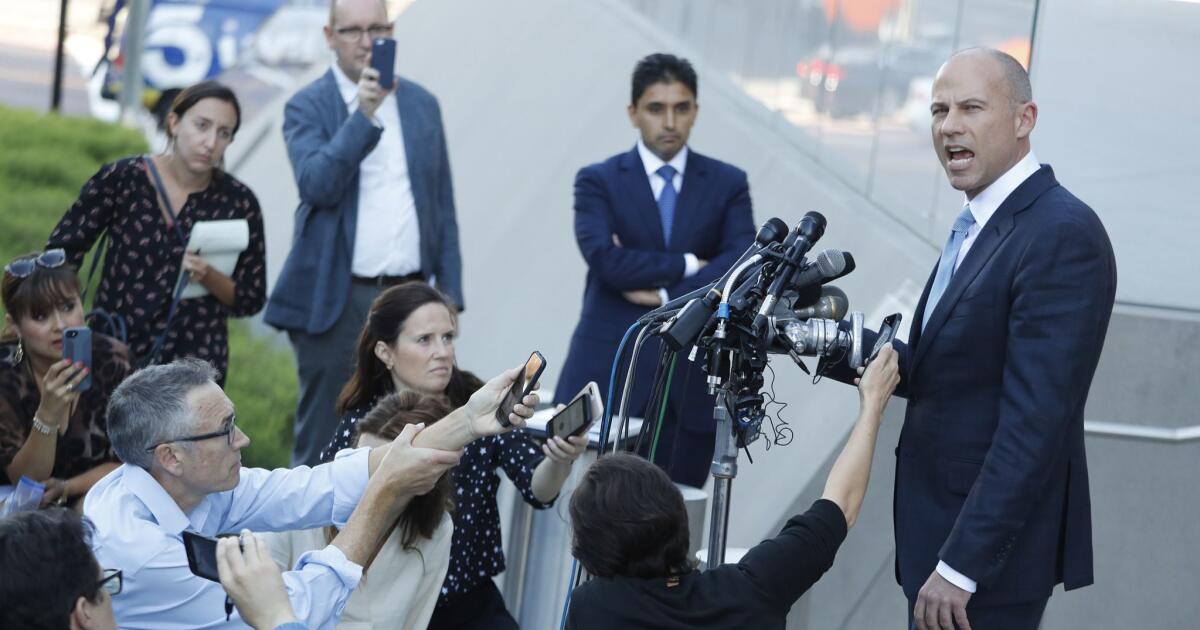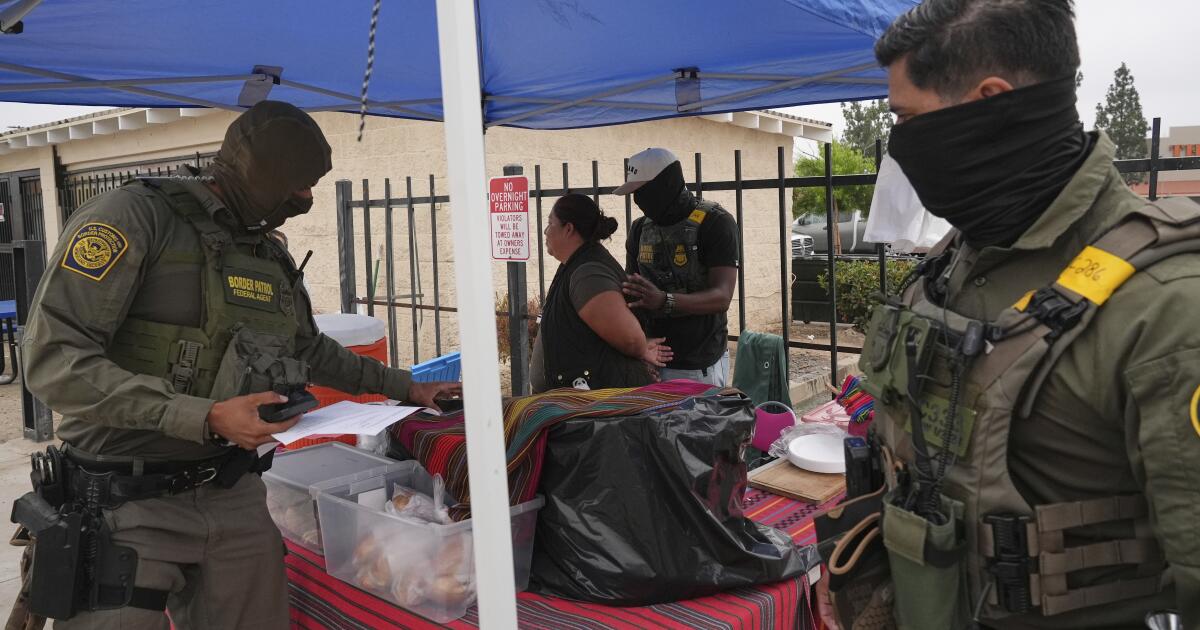Gaza Sumud flotilla: How Israel breaks international maritime law | Israel-Palestine conflict News
A Gaza-bound aid flotilla is currently sailing toward the enclave, entering a high-risk zone where previous missions have faced attacks and interceptions.
On Wednesday, Israel’s public broadcaster Kan reported that the Israeli military is preparing to “take control” of the flotilla with naval commandos and warships. Israel wont tow all 50 vessels however and will sink some at sea, Kan said.
Israel intends to detain hundreds of activists on naval ships, question them then deport them via the port of Ashdod.
The Global Sumud Flotilla, which set sail from Spain on August 31, is the largest maritime mission to Gaza to date. It brings together more than 50 ships and delegations from at least 44 countries, as part of an international effort to challenge Israel’s naval blockade and deliver aid to Gaza.
The map below shows the latest location:

So, is Israel entitled to board ships that are in international waters? The answer is no, here’s how territorial and international waters work.
Which waters does a country control?
Coastal countries control the waters closest to their shores, called territorial waters, which extend 12 nautical miles (22km) from the coast. In this zone, the state has full sovereignty, just like over its land.
Beyond that, they have rights over up to 200 nautical miles (370 km) of ocean, including the water and seafloor. This area is called the Exclusive Economic Zone (EEZ). In the EEZ, countries can regulate activities such as fishing, mining, drilling, and other energy projects, while still allowing other countries freedom of navigation.

France has the largest EEZ, covering approximately 10.7 million square kilometres (4.2 million sq miles), thanks to its overseas territories. It is followed by the US, Australia, Russia, and the UK.
Where are international waters?
Covering about 64 percent of the ocean, the high seas lie beyond any country’s territorial waters and economic zones and are not controlled by a single state, with their use governed by international agreements.

What are the laws of the high seas?
The laws of the high seas are governed by the 1982 UN Convention on the Law of the Sea (UNCLOS). It stipulates that all states can enjoy freedom of movement of ships in the high seas and aircraft can fly freely.
It also allows the laying of subsea cables and pipelines, as well as fishing, scientific research and the construction of islands. All three of which are subject to international agreements and laws.
Ships that are on the high seas are subject to the jurisdiction of the flag they fly, except those conducting piracy and other unauthorised activities.
Israel has attacked previous flotillas in international waters
Several Freedom Flotilla vessels have attempted to break the blockade of Gaza since 2010. All were intercepted or attacked by Israel, mostly in international waters where it has no territorial rights.
The most deadly occurred on May 31, 2010, when Israeli commandos raided the Mavi Marmara in international waters. The commandos killed 10 activists, most of them Turkish, and injured dozens more, sparking global outrage and severely straining Israel-Turkiye relations.
The map below shows the approximate locations where prominent flotillas were stopped, some encountering deadly Israeli forces.

In 2024, amid ongoing flotilla missions delivering humanitarian aid to Gaza, UN experts stated that: “The Freedom Flotilla has the right of free passage in international waters, and Israel must not interfere with its freedom of navigation, long recognised under international law.”
The Sumud Flotilla had been sailing through international waters and into Palestinian territorial waters, where it has the legal right to navigate and deliver humanitarian aid.
According to Stephen Cotton, the General Secretary of the International Transport Workers’ Federation (ITF), representing more than 16.5 million transport workers globally, “The law of the sea is clear: attacking or seizing non-violent, humanitarian vessels in international waters is illegal and unacceptable.”
“Such actions endanger lives and undermine the basic principles that keep the seas safe for all. This is not only about seafarers, it’s about the safety of everyone at sea, whether on a commercial ship, a humanitarian vessel, or a fishing boat. States cannot pick and choose when to respect international law. The seas must not be turned into a theatre of war.” Cotton told Al Jazeera.
According to the Freedom Flotilla Coalition, the mission is not only lawful but also protected under a comprehensive set of international legal instruments. Including:

- The United Nations Convention on the Law of the Sea (UNCLOS) – Guarantees freedom of navigation on the high seas
- San Remo Manual on International Law Applicable to Armed Conflicts at Sea – Prohibits blockades that cause starvation or disproportionate suffering and forbids the targeting of neutral humanitarian missions
- UN Security Council Resolutions 2720 and 2728 – These binding instruments demand unimpeded humanitarian access and the removal of all barriers to aid delivery
- Convention on the Prevention and Punishment of the Crime of Genocide – Includes the prevention of acts deliberately endangering civilians
- Fourth Geneva Convention – Imposes an obligation to permit the free passage of humanitarian aid and prohibit interference with relief operations and the targeting of civilian infrastructure
- Rome Statute of the International Criminal Court – Criminalises the starvation of civilians as a method of warfare and willful obstruction of humanitarian aid.
